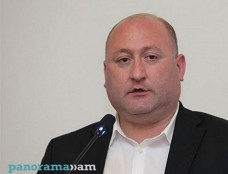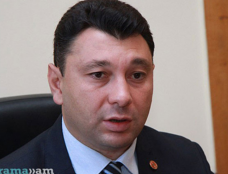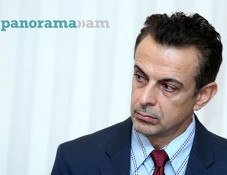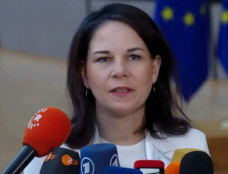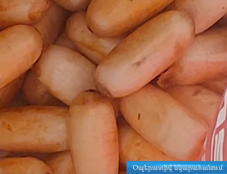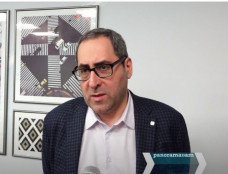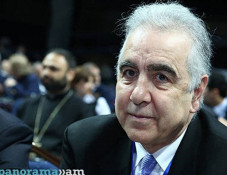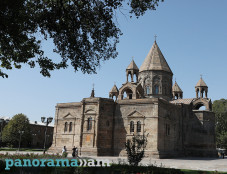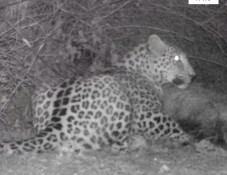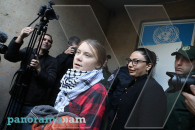
Russia exposes underground network raising money for Islamic State
Russia’s Federal Security Service (FSB) has exposed an underground network whose members raised money for the Islamic State and the Jabhat al-Nusra terror groups outlawed in Russia, TASS reports, citing the FSB press service.
"Russia’s Federal Security Service, the Investigative Committee and the National Guard exposed a group that was active in the Moscow Region, Chechnya, Dagestan and Ingushetia, providing financial support to the Islamic State and the Jabhat al-Nusra terror groups outlawed in Russia," the statement reads.
According to the FSB, radical Islamist I.S.Akhmednabiyev (holed up abroad as he is wanted in Russia for terrorist activities and terrorism financing) established a wide clandestine network under the guise of charity to provide financial assistance to terrorist organizations. "Its members brainwashed social networks and messaging services users, providing them with credit cards details and information about other money transfer tools," the FSB said, adding that "the so-called Muhajiroun and Salsabil charity funds raised money under the cover of building mosques and providing assistance to low-income Muslims, then cashed it and transferred it to terrorist organizations."
The network consisted of former members of illegal armed groups that were active in the North Caucasus. Among its members were relatives of international terrorist M.S.Saidov (also known as ‘Amir Yakub’, arrested in Turkey for terrorism), former members of gangs headed by Arbi Barayev (killed in Chechnya in 2001) and Beslan Makhauri (killed in Ingushetia in 2015).
The network’s members transferred money to two Russian female citizens who had joined IS units in Syria. Both women are wanted for financing terrorism and participating in terrorist activities. "Since 2016, more than 38 mln rubles [$573,300 - TASS] were transferred to these individuals for terrorism financing purposes," the FSB pointed out.
On December 11, searches were carried out in Moscow, Chechnya, Ingushetia and Dagestan in connection with a criminal investigation, Russian Investigative Committee Spokesperson Svetlana Petrenko said. Credit cards used for terrorism financing, extremist literature, written instructions on how to purchase equipment and SIM cards were seized during the searches. Petrenko added that seven suspects originating from the North Caucasus had been detained.
Newsfeed
Videos





